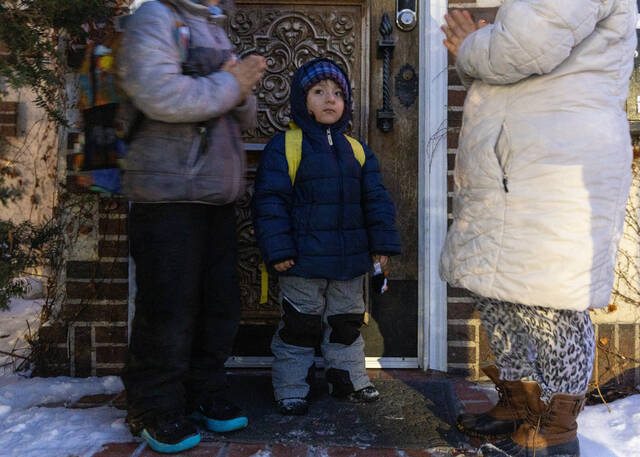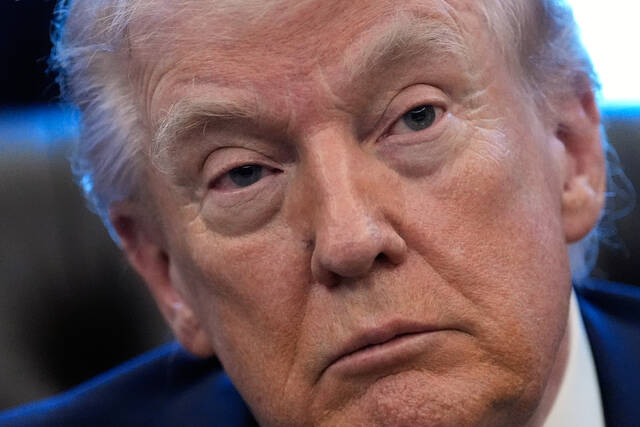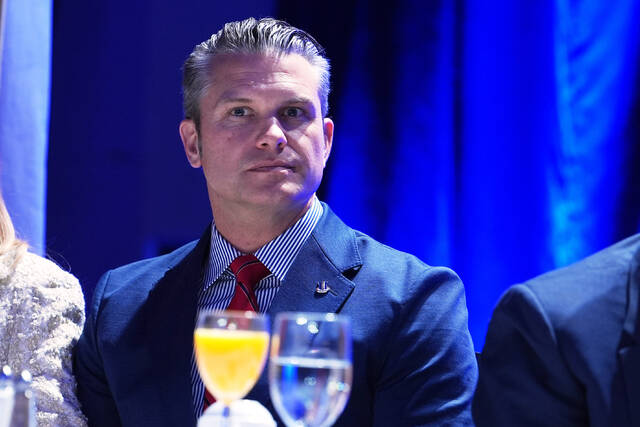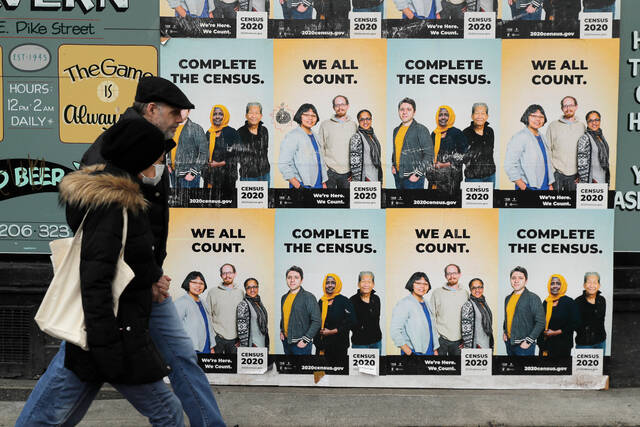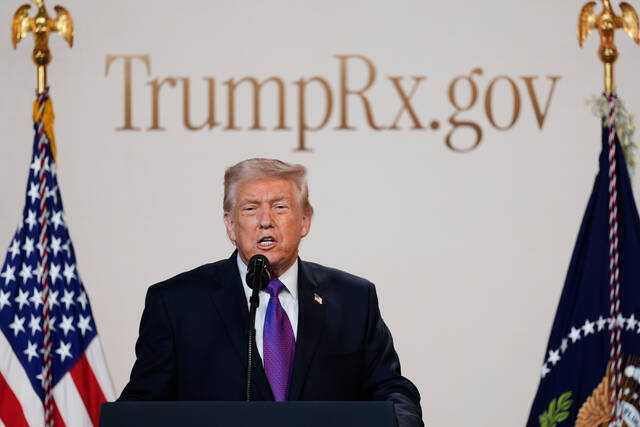WASHINGTON — A federal judge Monday released a bare-bones list of nearly 700 requests by special counsel Robert Mueller’s Russia investigation for search warrants and court-authorized orders to scoop up information about individuals’ telephone, email and social media activity from providers such as Verizon, Google and Facebook.
The investigative requests span a period from July 7, 2017, when a special federal grand jury was first empaneled in Washington to work with Mueller’s probe of Russian interference in the 2016 U.S. election to as recently as March 15, a week before the probe’s conclusion, although most activity ended in September 2018.
U.S. prosecutors agreed to release “the vast majority” of information sought, but they obtained an unknown number of redactions to protect the integrity of ongoing investigations.
The disclosure does not identify who or what activity was under criminal investigation or whether charges resulted.
The disclosure, ordered by Beryl Howell, chief judge of the U.S. District Court in Washington, came at the request of CNN and its journalist Katelyn Polantz, and continues a slow trickle of court-ordered disclosures of sealed or otherwise previously redacted information since Mueller submitted his long-awaited report to Attorney General William Barr on March 22.
Mueller stated without elaboration in his report that his office issued more than 2,800 subpoenas under the auspices of the grand jury, executed nearly 500 search-and-seizure warrants; obtained more than 230 orders for stored communications records and obtained almost 50 orders for call and message tracing.
CNN asked Howell to publicly release as much information as possible for “all non-grand jury subpoena matters” and warrant applications, including, at a minimum, case numbers, filing dates and identifying case captions.
Almost all the applications remain under seal, but the information disclosed Monday shows that Mueller prosecutors filed 21 applications to trace the time, date, duration and source of calls, emails, instant messages or other social network communications, applications that, including extensions, resulted in 49 total orders.
The court created 179 dockets for requests by the special counsel’s office to compel disclosure of individuals’ stored communications — data that can include subscriber information, transaction logs and contact lists, as well the contents of opened emails or communications or unopened ones more than six months old.
And the court listed 499 dockets created for Mueller requests for physical and electronic search warrants, including the contents of recent emails, text messages, social media posts and YouTube videos.
In approving the new limited release, Howell wrote, “As CNN notes, disclosing this information accords with this Court’s practice of publishing appropriately limited information about sealed dockets, and with the common law right” of access to information about secret requests by law enforcement to trace individuals’ messages, track their movements or establish their patterns of conduct or relationships using browsing logs, communications history and records of devices used and websites accessed.
The dockets that were disclosed show that prosecutors filed two last applications for warrants for information on Facebook accounts on March 11 and 15, one week before the investigation ended, and filed to search electronic devices associated with one individual on Feb. 13, without identifying the owners.
They filed two final requests for stored communications on Feb. 21 and March 7, with the March 7 request aimed at Google and 1&1 Mail & Media.
Previously, federal judges have separately unsealed certain search warrants obtained by the government in the investigations of former Trump campaign chairman Paul Manafort and Trump’s former personal attorney, Michael Cohen, while other requests are pending. Requests have come from news organizations including CNN, The Washington Post, the Reporters Committee for Freedom of the Press and others.



